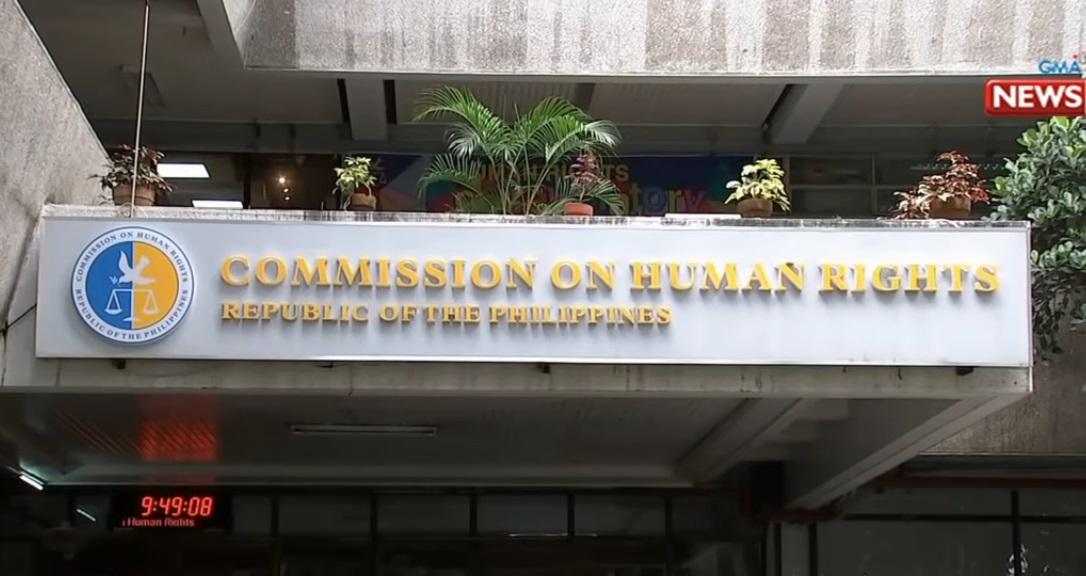CHR backs continued joint rights program with UN
Published April 8, 2024 3:13pm The Commission on Human Rights (CHR) on Monday called for the continuation of the UN Joint Programme in the Philippines (UNJP), saying it is highly impactful in protecting human rights, including addressing drug war killings during the Duterte administration. The CHR was referring to the three-year collaboration between the UN and the Philippine […]


The Commission on Human Rights (CHR) on Monday called for the continuation of the UN Joint Programme in the Philippines (UNJP), saying it is highly impactful in protecting human rights, including addressing drug war killings during the Duterte administration.
The CHR was referring to the three-year collaboration between the UN and the Philippine government, together with the CHR and civil society organizations that reinforces the institutions already available in the country to ensure that Filipinos are guaranteed the free exercise and enjoyment of their rights through effective technical assistance and capacity-building measures.
”While the UNJP has provided much to improve the human rights situation in the country, the Commission believes that more has to be achieved to make sure that the intended purpose of this partnership remains faithful to initial goals,” the CHR said in a statement,
“In particular, we are hopeful that the technical capacity-building efforts will be utilized immediately to address the very matters which prompted the establishment of UNJP in the Philippines, such as the alleged war on drugs which resulted in extrajudicial killings,” it added
The CHR also said the UN initiative has allowed the government to implement a more focused effort in promoting protection of human rights, and that UNJP’s strategic framework broadens the human rights-based approaches amongst duty-bearers to strengthen domestic accountability mechanisms addressing human rights violations and abuses.
“As the end of the program nears in July 2024, we recommend the prospect of continuing this partnership as a foundational pillar, ensuring that the country stays clear-sighted towards its goal to comply with its international human rights obligations and to implement domestic policies which respond to the needs of the vulnerable and marginalized,” the CHR said.
“In fact, this stands congruent with the state commitment to prioritize “measures that protect and enhance the right of all the people to human dignity” in the 1987 Constitution and is also strengthened through the Partnership Framework for Sustainable Development 2019-2023,” it added.
The CHR said having the UNJP in place is an effective means to keep the human rights conversation pertinent to the governance framework of the country and ensures that accountability measures are kept in place.
“Just as it is crucial to keep the dialogue ongoing, the very institutions which pave the way to ensure that human rights remain to be a State priority and obligation should be empowered as a sign of this commitment. The human rights framework in the Philippines will be further established if both local and global mechanisms are strengthened and treated as co-existing channels which envision to continuously improve the situation of the country,” it said.
“We look forward to more productive engagements between the Philippine government and the international community which will strengthen domestic policies that promote truth, justice, and accountability. As the human rights watchdog, monitor, educator, and adviser, the CHR is more than ready to extend its proactive participation to all relevant government actors and allow for a more holistic undertaking of the State obligation to promote and protect the fundamental rights of all Filipinos,” it added.—Llanesca Panti/AOL, GMA Integrated News














